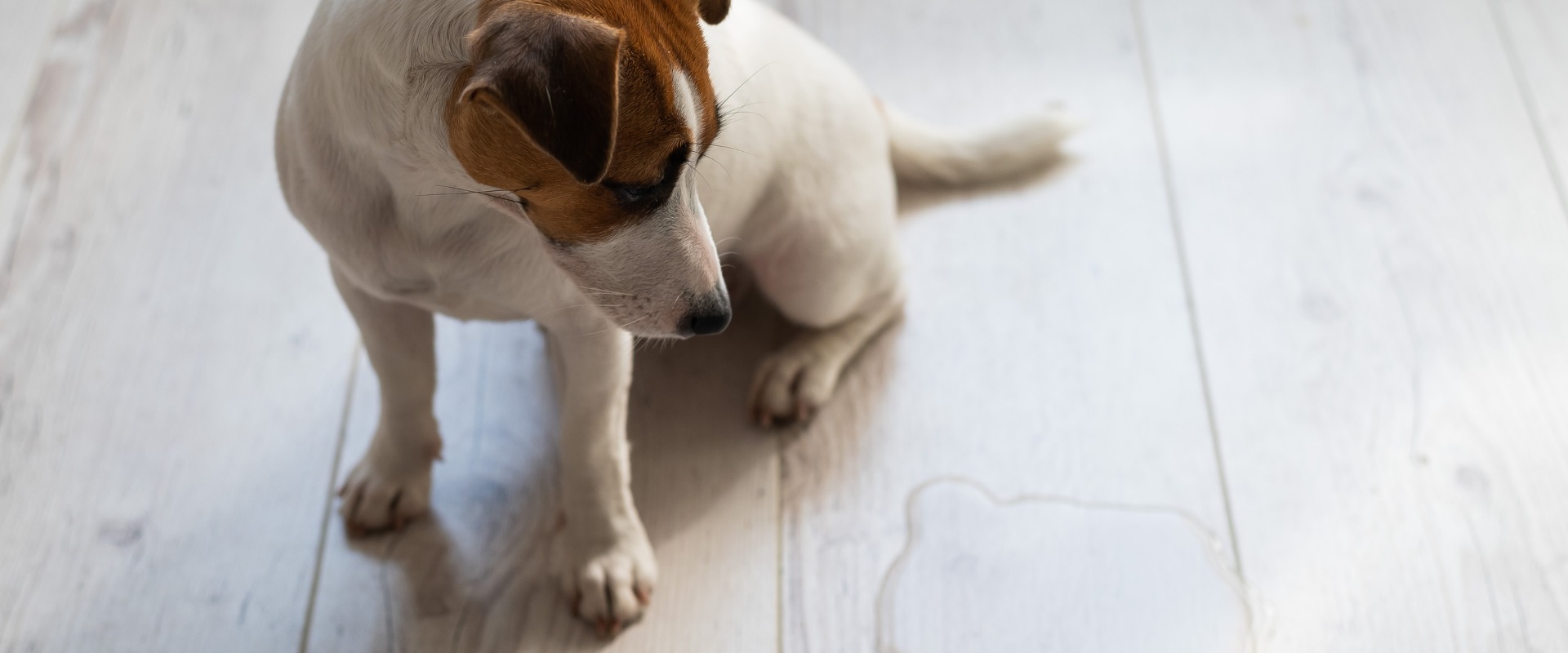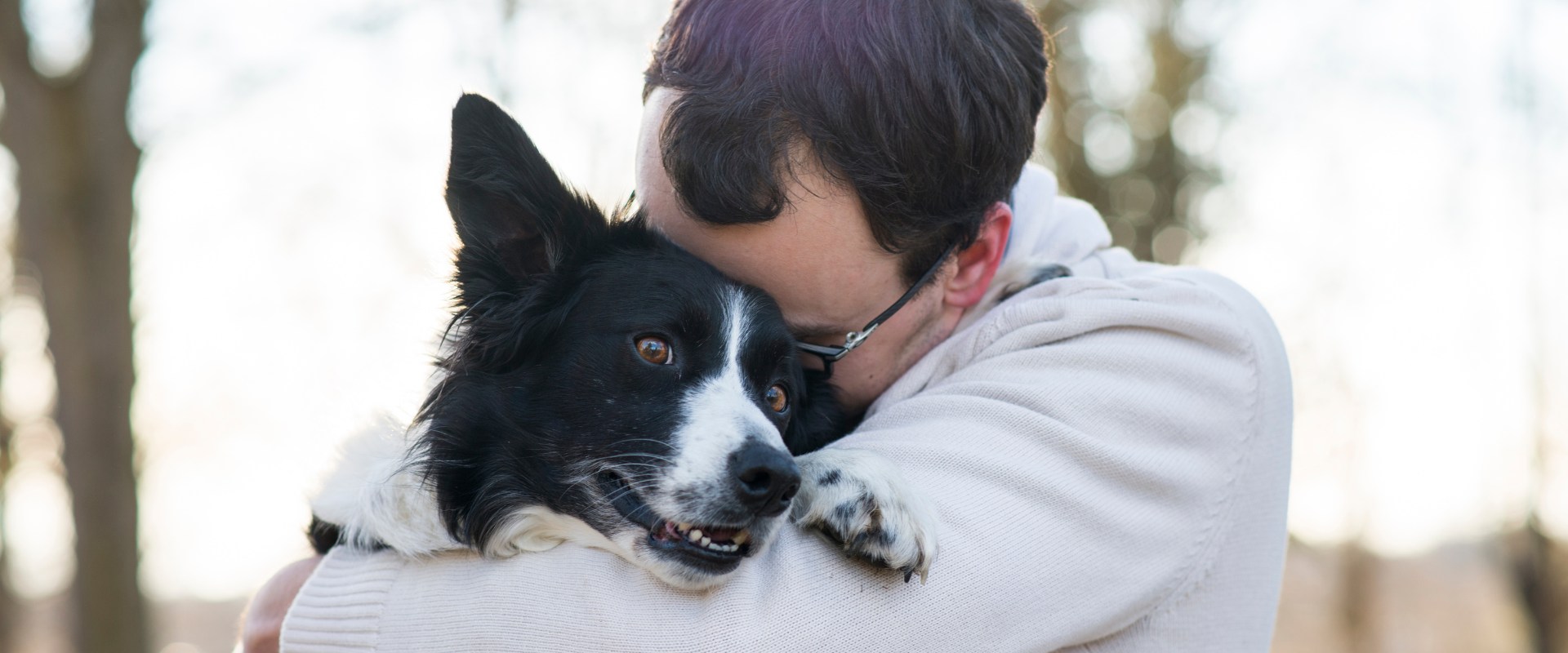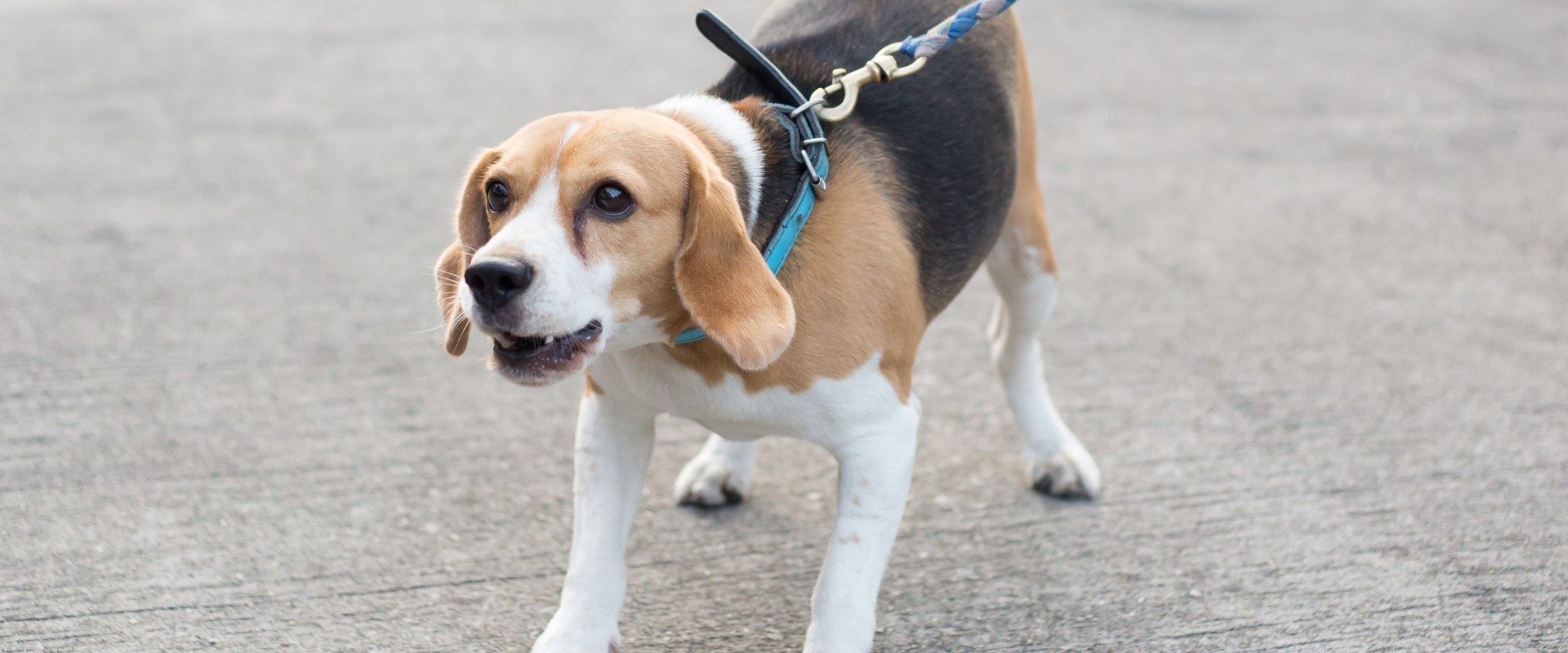There are a number of reasons why a potty-trained dog might suddenly start peeing in the house. Some of the most common causes include:
- Medical problems: Urinary tract infections, bladder stones, diabetes, kidney disease, and other medical conditions can all cause inappropriate urination. If you notice any other changes in your dog’s behavior, such as increased thirst, decreased urination, or difficulty urinating, it’s important to see a veterinarian to rule out any medical problems.
- Behavioral problems: Anxiety, stress, boredom, and excitement can also lead to house soiling. If your dog has recently experienced a change in their routine, such as a new pet or family member, or a move, they may be feeling anxious or stressed. In addition, dogs who are bored or under-stimulated may start peeing in the house as a way to get attention.
- Age-related incontinence: As dogs age, their muscles can weaken, making it difficult for them to control their bladder. This can lead to accidents, especially if they don’t have enough opportunities to go to the bathroom outside.
If your dog is suddenly peeing in the house, the first thing you should do is take them to the veterinarian to rule out any medical problems. Once any medical problems have been ruled out, you can start to work on addressing the behavioral problems.

Here are some tips for helping your dog stop peeing in the house:
- Take your dog outside frequently, especially after they eat, drink, or play.
- Create a regular potty schedule and stick to it as much as possible.
- Praise your dog when they go to the bathroom outside.
- Clean up any accidents immediately and thoroughly.
- If you catch your dog urinating in the house, interrupt them and take them outside immediately.
- If you have multiple pets, make sure they each have their own designated potty area.
If you’re having trouble getting your dog to stop peeing in the house, you may want to consult with a certified professional dog trainer. They can help you identify the underlying cause of the problem and develop a training plan to help your dog stop peeing in the house.
It’s important to be patient and consistent when helping your dog stop peeing in the house. With time and effort, most dogs can be retrained.
Here are some things to avoid:
- Do not punish your dog for peeing in the house. This will only make the problem worse.
- Do not rub your dog’s nose in their urine. This is an ineffective and outdated training method.
- Do not yell at your dog. This will only make them more anxious and stressed.
If you’ve tried all of the above and your dog is still peeing in the house, it’s important to seek professional help. A certified professional dog trainer or behaviorist can help you identify the underlying cause of the problem and develop a training plan to help your dog stop peeing in the house.
It’s also important to remember that every dog is different. What works for one dog may not work for another. It’s important to be patient and consistent, and to try different approaches until you find what works best for your dog.



